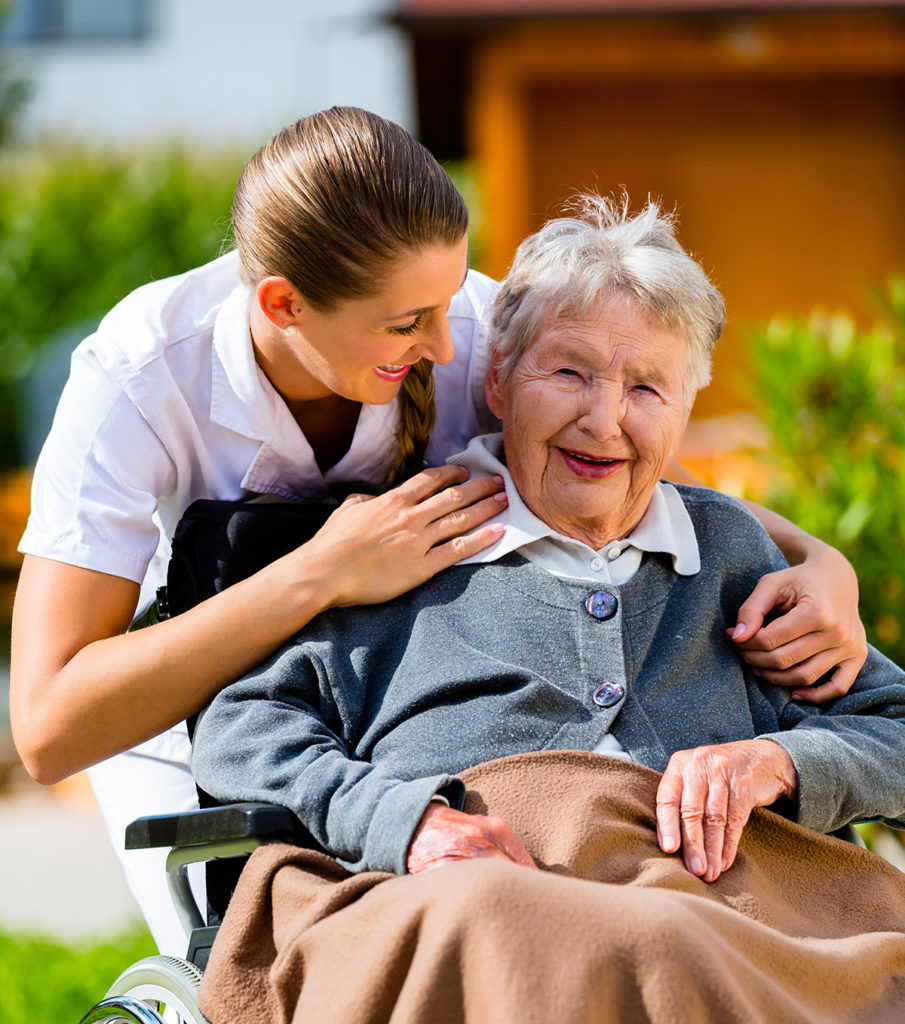Surprising. Frustrating. Promising. These words sum up the current thinking of the brightest minds in Alzheimer’s research. Come along as we explore up-to-the-minute news about how Alzheimer’s develops.

How the brain changes during early Alzheimer’s: Scientists have been researching the connection between a build-up of amyloid plaques in the brain and the development of Alzheimer’s. Now, researchers have uncovered an Alzheimer’s gene that could create the conditions for amyloid plaques to show up in the brain.
Neurons that create the conditions for Alzheimer’s: New research has found genetic and molecular connections between amyloid-beta and tau proteins. For the first time, researchers were able to follow the disease’s path in neurons that are prone to Alzheimer’s.
The research indicates that when aging meets amyloid-beta protein, it can lead to tangles of tau protein which cause the neurons to die. Scientists hope this can help them figure out how to create neurons that are more resistant to this condition.
Frailty increases susceptibility: Researchers believe that people who are physiologically frail are more prone to developing Alzheimer’s, while those whose brains are more fit have a better chance of remaining symptom free.
Why light sleepers might have heavier risks: A team of Boston University researchers contend that as we rest, the brain gets rid of proteins that build up while we are awake. This nightly cleansing assists our brain in ways that reduce the chance for developing Alzheimer’s.
Among the waste products that get washed away are amyloid-beta proteins. This keeps them from turning into plaque and harming our neurons. Poor sleeping patterns limit our brain’s ability to cleanse these proteins.
Can exercise stop Alzheimer’s in its tracks? Besides boosting protective brain chemicals, exercise may help the brain retain important connections that often fade as we age. As little as a half hour of physical activity a few times a week can help us become sharper. This applies to both healthy people as well as those already experiencing cognitive impairment.
What about a cure? While a cure remains elusive, there are things we can do that are within our power to help maintain quality of life and promote a healthy brain.
If you need support caring for a loved one, call us. Our trained caregivers can provide support to fit your schedule and provide you with peace of mind. We understand aging and we can help your loved one age in a healthy manner.
Amanda Butas is a Certified Dementia Practitioner, and a Geriatric Care Manager. You can call her at (480) 699-4899. You also can visit Home Care Assistance, located on Power and McKellips roads, at 2031 N. Power Road, Suite 103.

